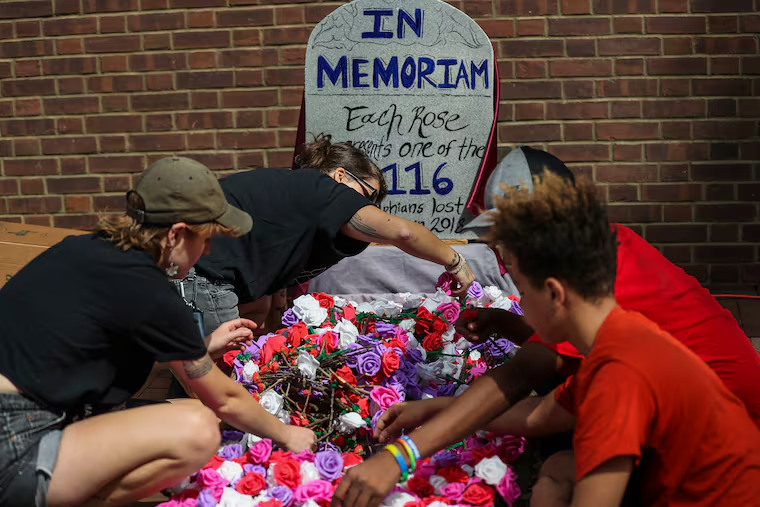The court ruled, and Philly is out of excuses. We need a supervised injection site now. | Editorial
At least 1,500 people in Philadelphia have died of an overdose since the City gave a green-light for a site to open.

In a landmark decision, a federal judge has ruled that supervised injection sites do not violate federal drug law. The decision paves the way for the Philadelphia nonprofit Safehouse to open a site — which would be the first authorized one in the country. Significantly, the ruling also provides legal cover to the many other cities across the nation — such as Seattle and New York City — that are contemplating the measure as part of their efforts to prevent overdose deaths.
The supervised injection site saga in Philadelphia officially started in January 2018, when city officials gave a green light for a private entity that would open a site but not rely on public funds. For months after, members of the public — and elected officials — have raised concerns about the site. The responses to questions arising from medically supervised use of illicit substances were marked by confusion and misinformation. But with little progress, the conversation subsided.
The issue regained attention — and momentum — in October when former Gov. Ed Rendell came out in support of incorporating Safehouse, a public health nonprofit that would open a site. The newly sparked debate was full of excitement from supporters and its fair share of outrage — including tense town halls in the Kensington area, which has been carrying the brunt of the opioid overdose crisis in the city.
Opponents argued that the sites would increase drug use and violate the law. An abundance of public health research shows that supervised injection sites prevent overdose deaths, do not increase drug use or crime, and decrease dropped syringes in their vicinity. But the legal question remained unanswered.
Last February, the Trump administration-appointed U.S. attorney for the Eastern District of Pennsylvania, William McSwain, asked a federal judge to prevent a site from ever opening.
» READ MORE: What to expect when your city is expecting a supervised injection site: Lessons from around the globe
On Wednesday, after two court hearings over the summer, a federal judge ruled that while one might not like supervised injection sites, a reasonable person would not find their purpose “nefarious or destructive” or “prototypically criminal.” Indeed, their purpose is to save lives — and the evidence suggests that they will.
Now that the ruling has been made — though the possibility of appeal exists, and it’s not impossible that opponents could challenge Safehouse based on other laws — Philadelphia’s public officials need to come together to work on the details to ensure the site’s success and ease community concerns.
That means a robust plan for public safety, protocols of policing around the site (taking into account general order and not intimidating potential consumers), and ensuring that it is capable of providing the wrap-around social and medical services that facilitate not only safer use but a path to recovery.
With data available only for the first quarter of 2019, at least 1,500 people in Philadelphia have died of an overdose since the city gave a green light for a site to open. Now a a major hurdle has been cleared. With the blessing of the court, it’s time for Philadelphia to embrace a call to save lives.